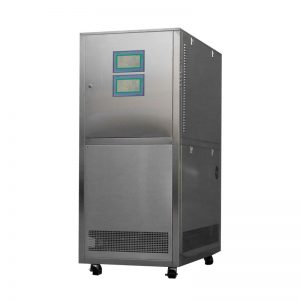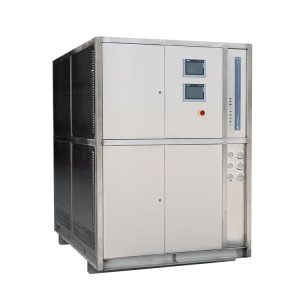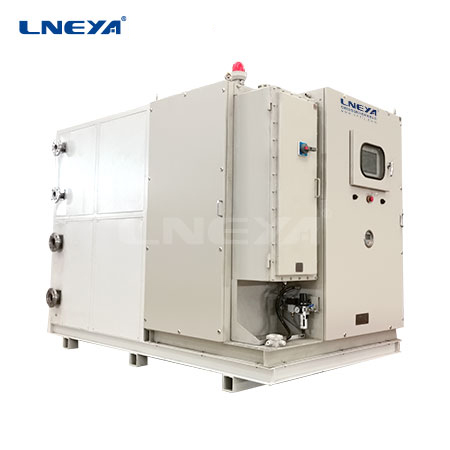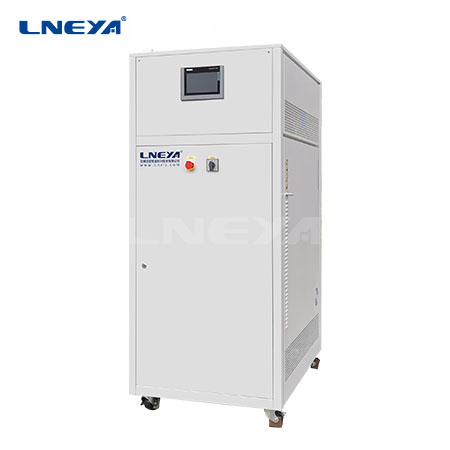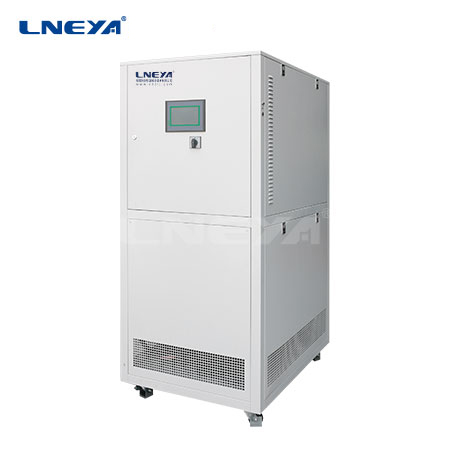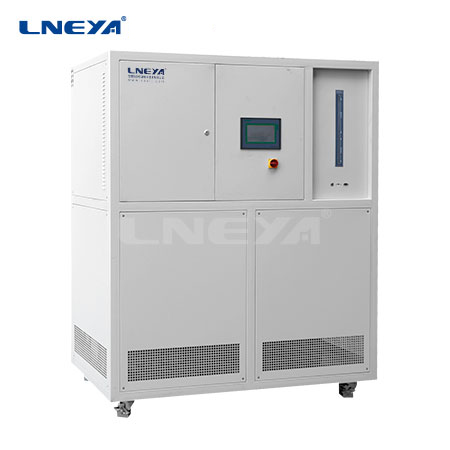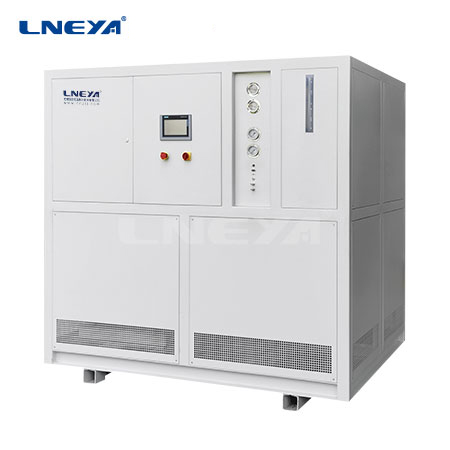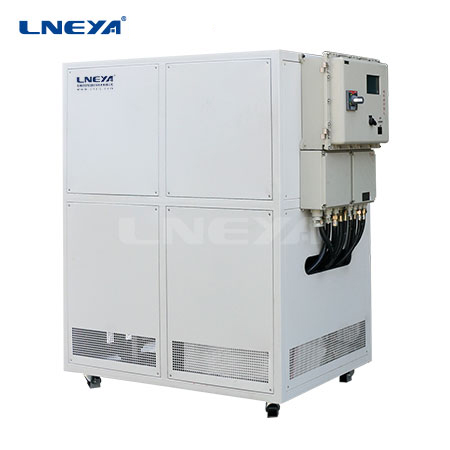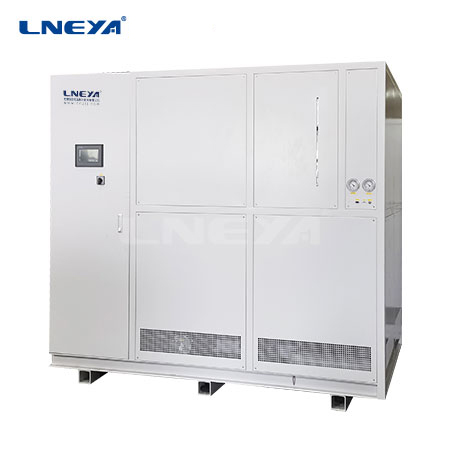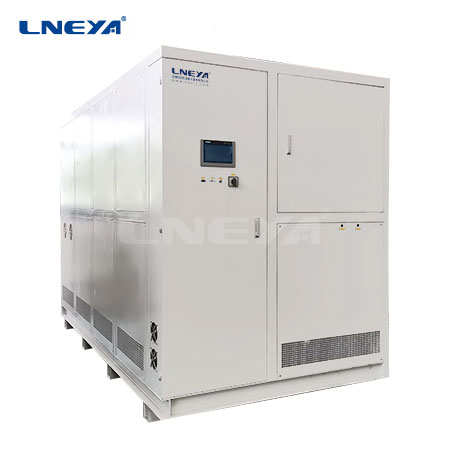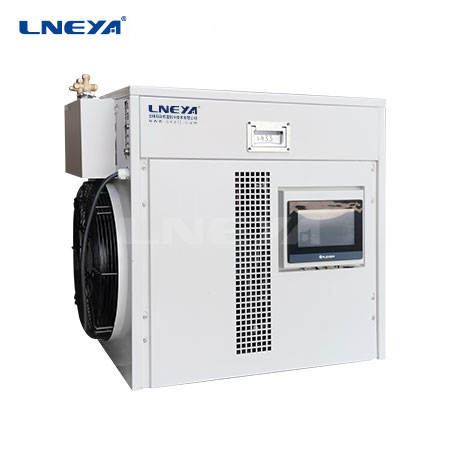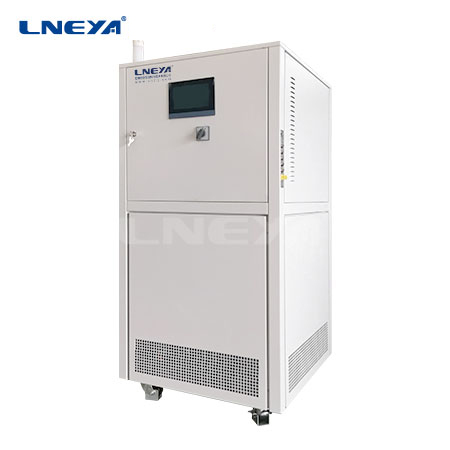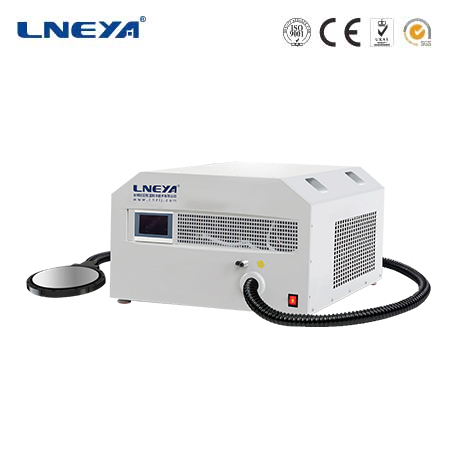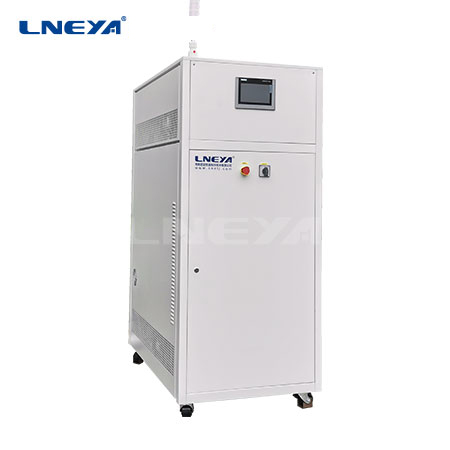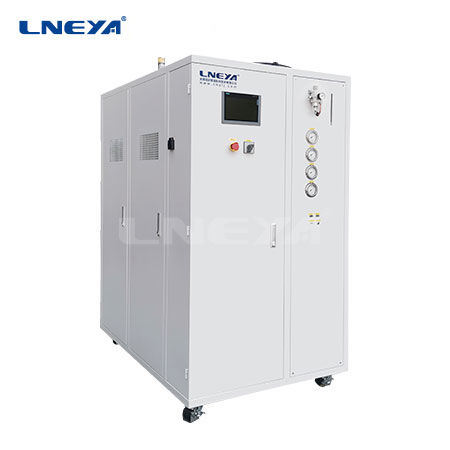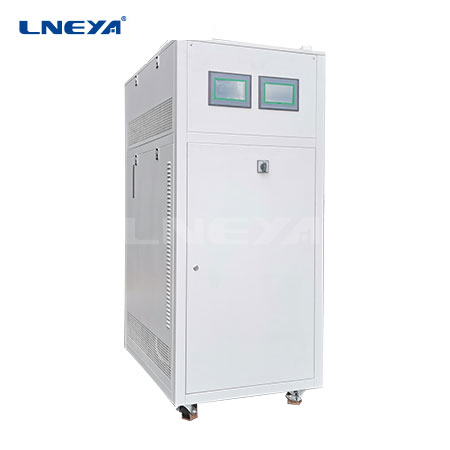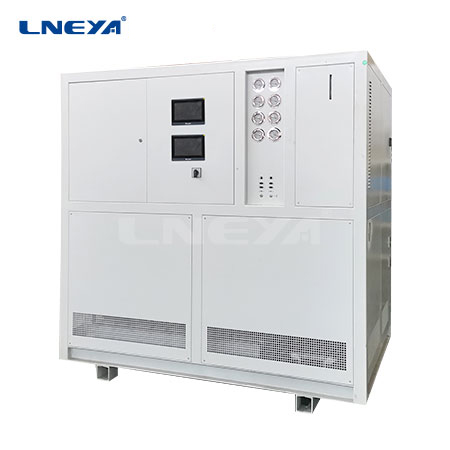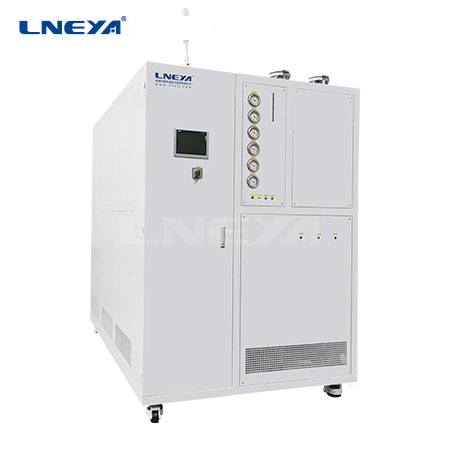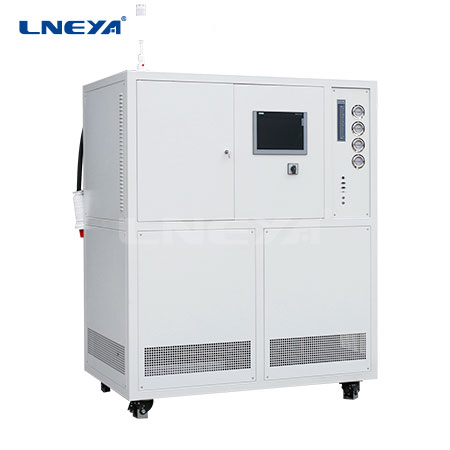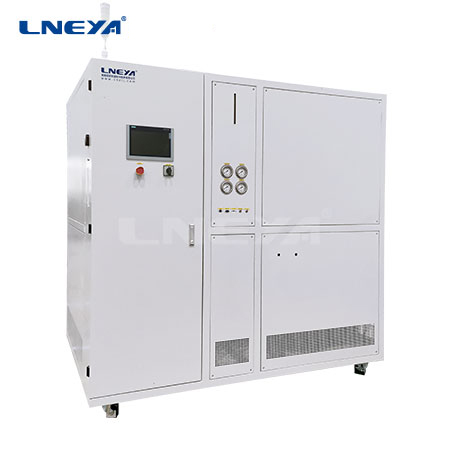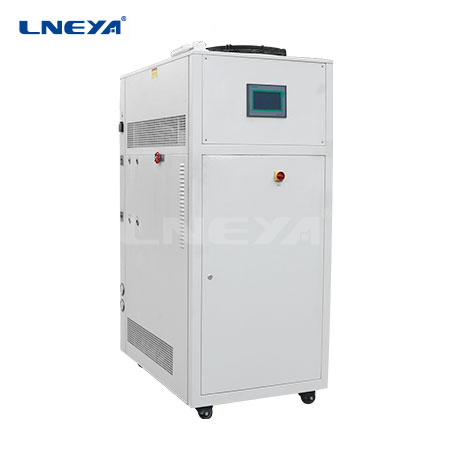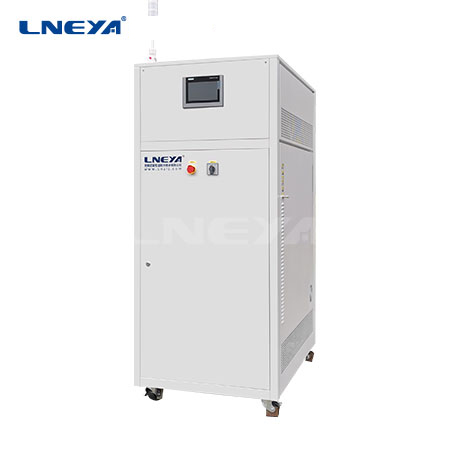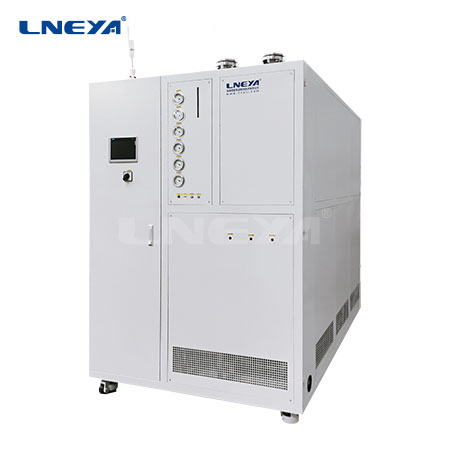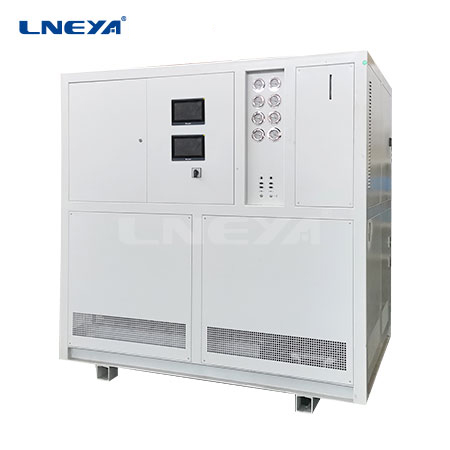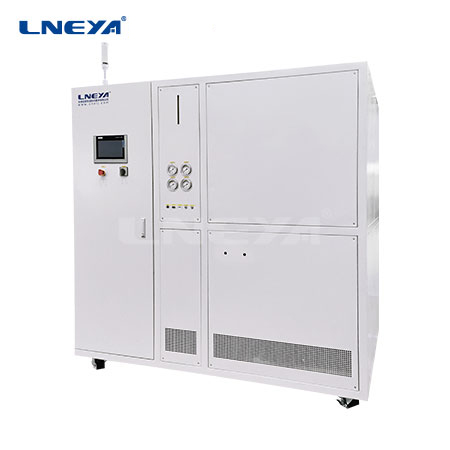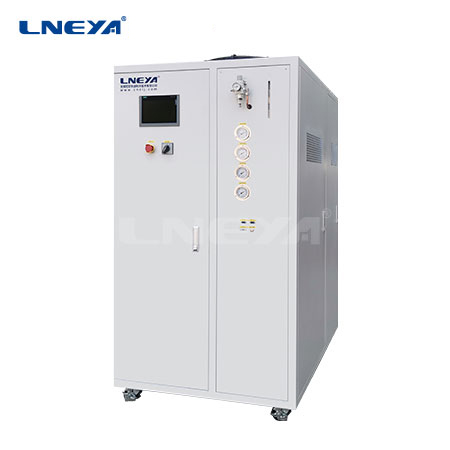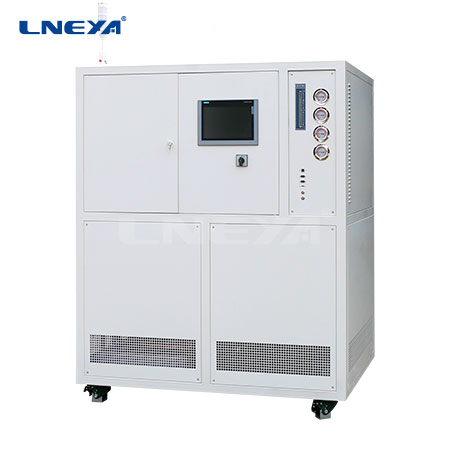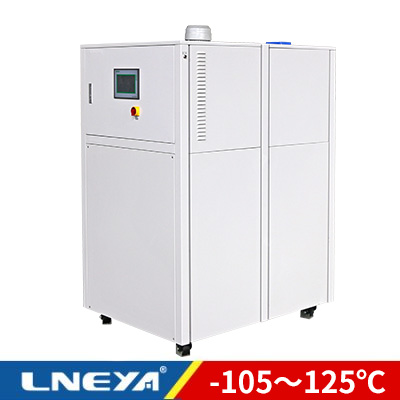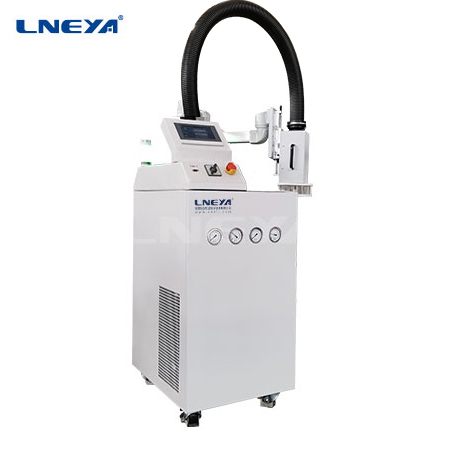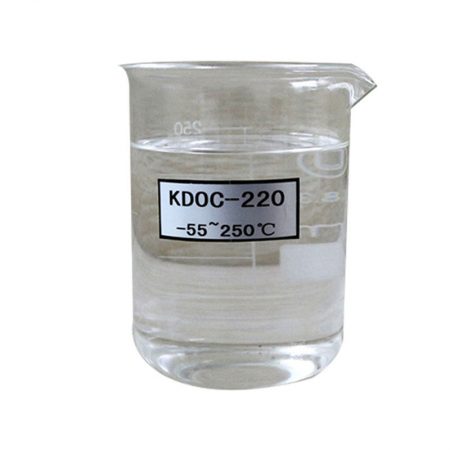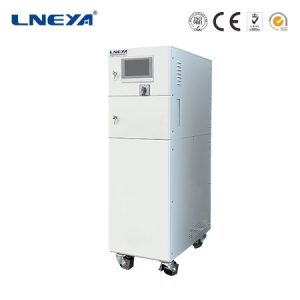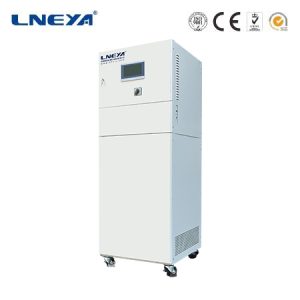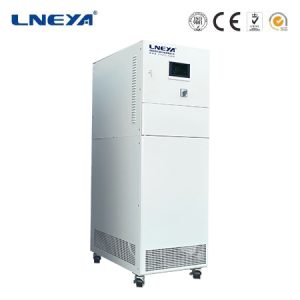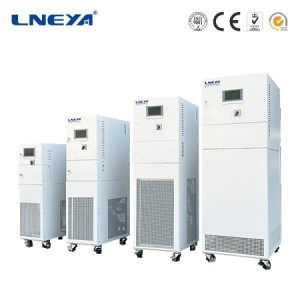Packaged Cooling Systems: Efficient and Sustainable Temperature Control
Packaged cooling systems are engineered to provide a comprehensive solution for both heating and cooling needs in a variety of settings. These systems are particularly beneficial in scenarios where space is limited, or a compact and easily manageable cooling system is required. Packaged cooling systems are designed to be self-contained, with all necessary components housed in a single unit, making them easy to install and maintain.
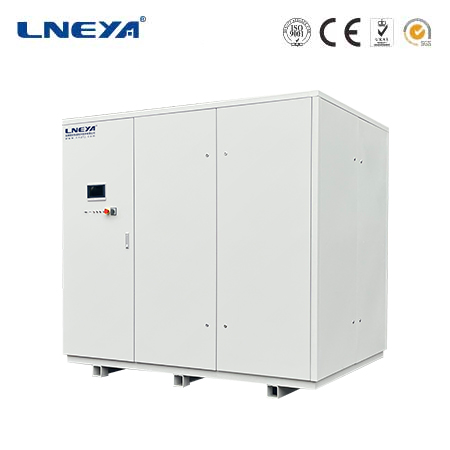
How Packaged Cooling Systems Work
Packaged cooling systems operate on the principle of heat transfer, using a refrigeration cycle to absorb, transfer, and release heat. The system typically includes a compressor, condenser, evaporator, and a heat exchanger. The coolant fluid circulates within the system, absorbing heat from the area that needs cooling. This heated fluid is then passed through the heat exchanger, where the heat is released into the environment or another designated medium.
Types of Packaged Cooling Systems
There are two main types of packaged cooling systems:
Air-Cooled Packaged Cooling Systems: These systems use ambient air to dissipate heat. They are housed outdoors and require less maintenance than water-cooled systems. Air-cooled chillers are ideal for areas with limited water supply or where water conservation is a priority.
Water-Cooled Packaged Cooling Systems: These systems use water as the cooling medium, which is circulated through a heat exchanger or cooling tower. Water-cooled systems are more suitable for larger applications and can provide more consistent cooling performance.

Benefits of Packaged Cooling Systems
The benefits of using packaged cooling systems are numerous and include:
Space Savings: Packaged cooling systems are compact and can be installed on rooftops or next to buildings, making them an ideal choice for facilities with limited space.
Low Maintenance: With fewer components exposed to the elements, packaged cooling systems require less maintenance compared to other types of cooling systems.
Energy Efficiency: Modern packaged cooling systems are designed with energy efficiency in mind. Features such as electronically commutated (EC) fans can minimize energy consumption.
Adaptability: Packaged cooling systems can be adapted to various climates and applications, making them a versatile choice for different industries.
Sustainability: Manufacturers are focusing on innovative technologies that enhance the sustainability of packaged cooling systems, such as the use of closed-loop systems to conserve water.
Applications of Packaged Cooling Systems
Packaged cooling systems are used in a wide range of applications, including:
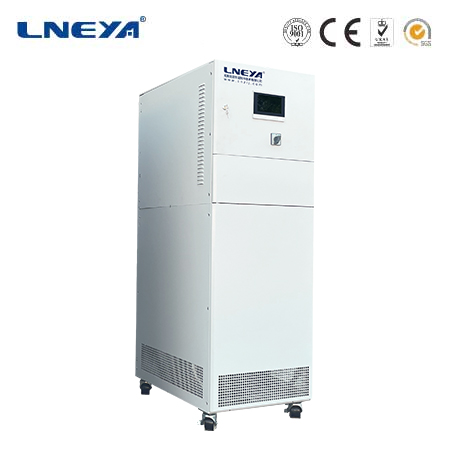
Commercial Buildings: In offices, restaurants, and small businesses, packaged cooling systems provide efficient temperature control.
Industrial Processes: In manufacturing and processing facilities, these systems maintain optimal temperatures for sensitive processes.
Data Centers: Packaged cooling systems are crucial for maintaining the temperature of servers and IT equipment in data centers.
Agriculture: In the agriculture industry, custom industrial refrigeration systems are used for cooling fresh produce quickly, improving product quality and reducing cooling costs.
Innovations in Packaged Cooling Systems
Manufacturers of packaged cooling systems are continuously innovating to improve performance and efficiency. Technologies such as plume abatement, super low noise, high-level water collection, and intelligent control systems are being integrated into packaged cooling systems to meet the evolving needs of industries.
In conclusion, packaged cooling systems offer a flexible, efficient, and sustainable solution for temperature control in various applications. With a focus on innovation and sustainability, manufacturers are ensuring that these systems meet the demands of modern industries while minimizing their environmental impact.
 LNEYA
LNEYA
 简体中文
简体中文










